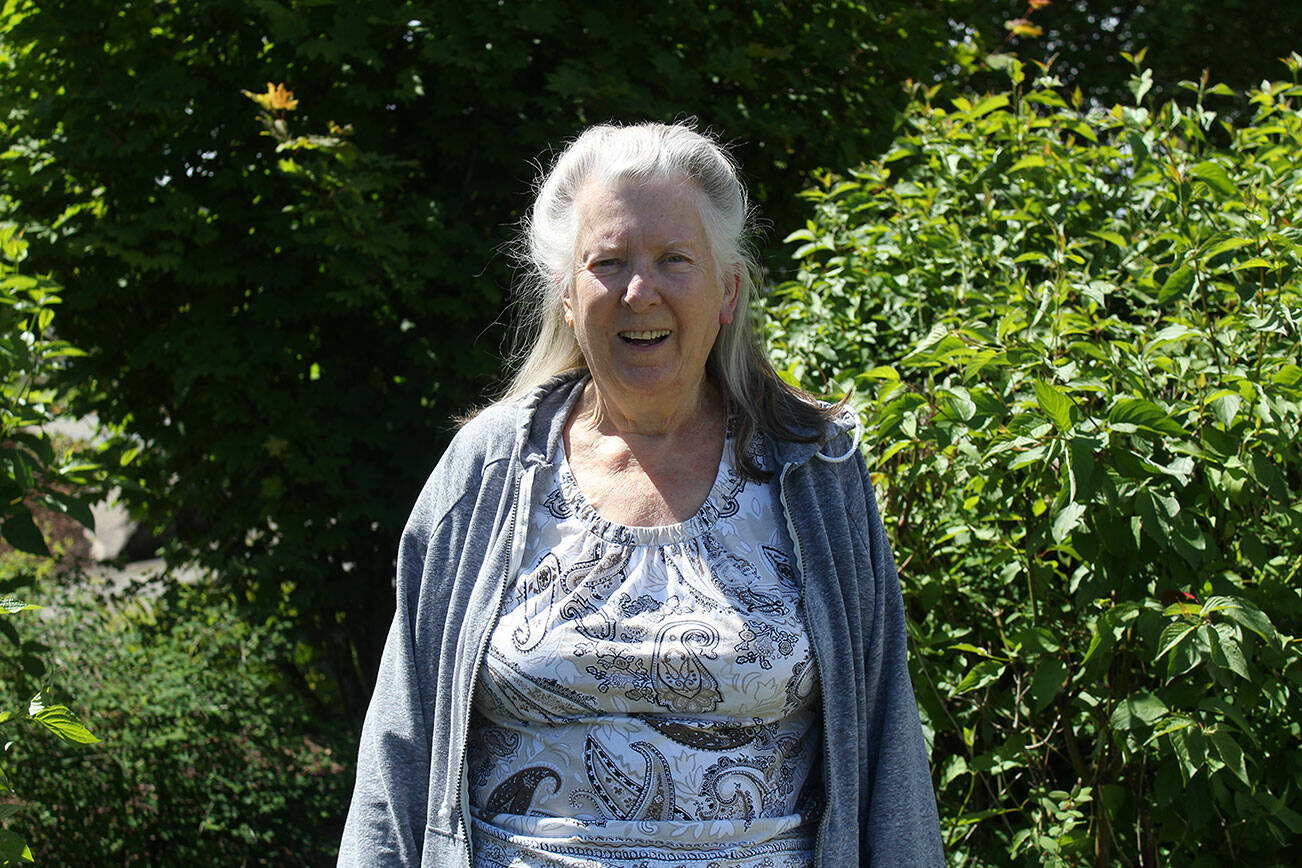Our youth are beyond spectacular. Their minds are sharp, their capacity unlimited and the ambition and excitement is so visible. Their energy can run circles around all of us, and their internet skills? Unbelievable! We should reward them by providing an avenue to channel and build all these virtues into productive skills, confidence and purpose.
The challenges before a young person include education, work and family, and time for fun. These matters compete for their time and energy, while at the same time, continuous change and high expectations can create a great deal of anxiety. A commitment to walk a path of service helps to resolve much of this anxiety and can lead to surprising results.
We should not think of service to the community as another series of activities to be added to an already demanding life, but as a way of bringing meaning to everything we do. For example, service can help us to understand better the purpose of our education. It can assist the youth in clarifying the kind of occupation they want to choose for themselves. It can help develop the qualities we need to contribute to the well-being of our families. When service is given its proper place in the life of a young person, then the energies and power that characterizes that period of youth are not dissipated, but are directed towards acts that contribute to individual and social change.
To fully manifest the powers that characterize the period of youth, a young person must come to possess a strong twofold purpose: to take charge of his or her own intellectual and spiritual growth and to contribute to the transformation of society.
There is a reciprocal relationship between the two aspects of this purpose. As we develop our own skills and abilities, we are better able to serve others, and in helping one another, we grow as individuals and strengthen the qualities we possess. Youth are particularly affected by a struggle to see their purpose. Developing an understanding of the twofold purpose gives direction. When we act on our true purpose, we find meaning in our lives and joy in our interactions with our fellow human beings. These two-fold purposes would also include turning our homes, our neighborhood and our surroundings into places of beauty and harmony.
As we strive to fulfill our twofold purpose, we encounter many forces that influence us. These forces have a tremendous impact on the way we think and act. Some of the forces direct us towards progress and growth. The forces of knowledge, justice, and love are good examples.
There are also forces, like materialism and self-centeredness, greed and the destructive beliefs that work in the opposite direction. These distort people’s view of the world and prevent growth. In serving our communities, we need to align ourselves with the constructive forces. To accomplish this alignment and resist the effects of the negative forces is a challenge we have throughout our lives, but the capacity to do so should be developed during the period of youth. Youth need faith in the potential of people, hope for a better future, a longing to achieve excellence, and a deep understanding of cooperation and solidarity.
The transformation we are seeking is from a world of violence, poverty, and suffering to a world of peace, prosperity and harmony. Such a world is not a utopian dream and can be built through human effort. Deep in our hearts each of us has the desire to serve, which is also very true of our youth, even though they may not have a complete understanding of how this translates to action. This effort and understanding will grow as we build capacity, as we learn and undertake acts of service purely for the good of others.
“The transformation which is to occur in the functioning of society will certainly depend to a great extent on the effectiveness of the preparations the youth make for the world they will inherit.” Paul Lample, “Revelation and Social Reality.”
We support our youth and help one another to grow into their capacity. The involvement of parents and other individuals that youth respect, in the beginning of initiating the service is vital. The skills needed to organize such activities, like visiting the elderly, collecting items for the food bank, or cleaning an area where children play, will come out of experience, but may need a catapult from the adults to display the benefits first. This will lead to the youth using their own initiative for future projects. Learning together as we serve together can be a lot of fun and satisfaction for the youth, again helping them see their own potential. It generates joy and assurance and builds knowledge, develops skills and praiseworthy qualities; we grow ourselves and contribute to the progress of our families and communities.
The youth “Must therefore develop the ability to learn everything from those around him, showing proper humility before his teachers, but always relating what he hears to [spiritual and moral] teachings, for they will enable him to sort out the gold from the dross of human error.” The Universal House of Justice.
We all look forward to a future where peace and harmony have been established and we can live in unity. Justice, generosity, love and kindness, honesty, and trustworthiness are spiritual qualities that are indispensable for both spiritual and material progress. If these attributes are gifted to our youth, then a new chapter in the learning process will be opened. If the two fold purpose, to take charge of our own intellectual and spiritual growth and to contribute to the transformation of society, go hand in hand, then success is possible.
“Systematic learning will “endow them [the youth] with the capacity to conquer the world and unravel its meaning, both for their own spiritual upliftment and as a basis for social action.” Paul Lample, “Revelation and Social Reality.”


